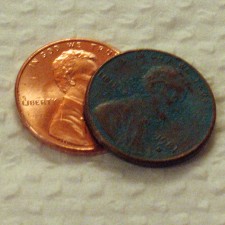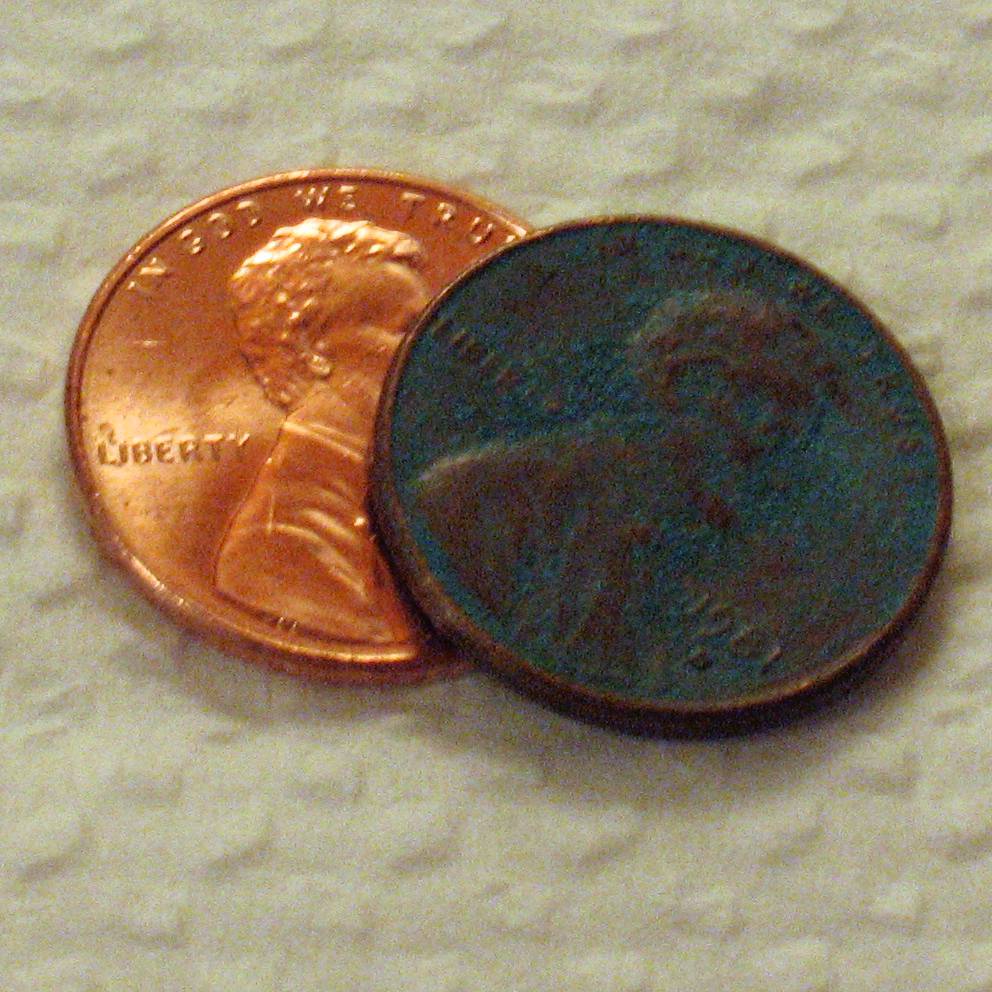 A client asked why I disabled the comments on a page on her website. Why, indeed?!
A client asked why I disabled the comments on a page on her website. Why, indeed?!
“It just doesn’t feel right to me,” didn’t seem like an adequate response. I struggled with it for a little while, and here are my thoughts on the subject.
Have you ever noticed the weekly flyer displayed at the front of a Target store? Would you expect to see comments scribbled on the wall below the ad? Imagine the flyer was posted Monday morning, and these comments were posted by 3 PM:
- Great price! 🙂
- This was cheaper at WalMart. FAIL.
- That was out of stock. Can I get a raincheck?
- Wow, I love the color of these! Do you have them in small?
- The toilet in the men’s room is overflowing and my shoes are #@$^ ruined!
Maybe the plumbing problem is patched within 15 minutes and new stock is scheduled to arrive Tuesday morning, but the comments are stuck there until the next week’s specials can be posted.
I see pages on a website like that flyer. As the website owner, you are well within your rights to delete (or not approve) comments at any time.
For those of us who think too much, this could spark an ethical debate: Should you approve (or delete) bad comments? What if a problem were fixed immediately, or a product or service has been discontinued? Are the comments still relevant? Should you delete them?
I would rather avoid the hassle (and the questions).
Blog posts, on the other hand, provide a natural opportunity for discussion. I think of them more like a conversation with someone at the customer service counter. There is a specific context. You may be glad that a painful discussion fades away and loses impact as new posts are added. The reverse can also happen, where the record can turn into a testimonial for your business.
You will note that comments are disabled on pages on my site. I will happily accept comments below.


Leave a Reply